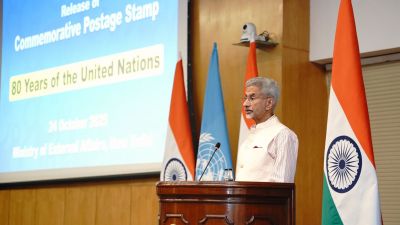BT Cotton to hit more fields in fertile north
BT Cotton is all set to hit more fields in the fertile north with the Genetic Engineering Approval Committee giving its green signal for the...

BT Cotton is all set to hit more fields in the fertile north with the Genetic Engineering Approval Committee giving its green signal for the commercial cultivation of the crop in Punjab, Rajasthan and Haryana.
Despite conflicting reports on the performance of genetically-modified cotton and criticism by NGOs, the GEAC, which met on March 4, approved of six varieties of BT Cotton belonging to three companies — Ankur, Rasi and Mahyco — for commercial production in the north. The regulatory body, which relieved proposals for largescale trials of BT Cotton in the north, also endorsed eight varieties containing CRY-1 AC gene.
And with the three-year deadline for cultivation of three varieties of BT Cotton in central and South India lapsing this month, the issue of renewal of permission for commercial cultivation in Andhra also came up at the meeting. The GEAC decided to seek further clarification on this issue from the AP government, NGOs and various stakeholders.
Three years ago, the government had given conditional approval for BT cotton cultivation in AP, Tamil Nadu, Karnataka, Madhya Pradesh, Maharashtra and Gujarat. An NGO, the Centre for Sustainable Agriculture, had then sent a letter to the committee on their findings on BT cultivation in AP. They gave a presentation on the findings at Thursday’s meeting.
The NGO’s executive director, Dr Ramanjaneyulu, said: ‘‘In some places, BT Cotton did well, but in other places, there were severe losses and pesticide use also turned out to be very high.’’
He alleged that the Agriculture Department’s report had been tampered. ‘‘In Andhra, we found that the soil quality has gone down. The GEAC is hastily taking decisions. How can they permit new hybrids? The issue is not of individual variety but of the technology,’’ he added.
The objections sent by Greenpeace were also discussed at the meet.





- 01
- 02
- 03
- 04
- 05


























